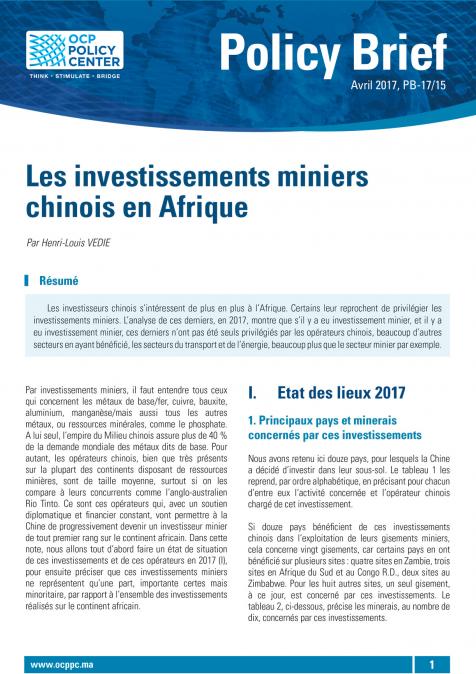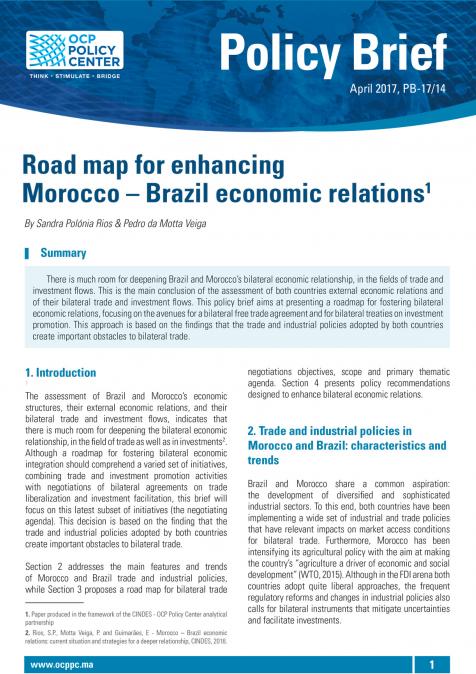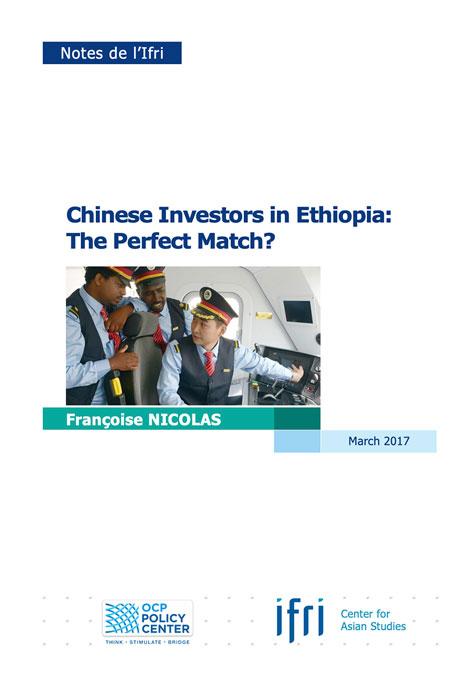Publications /
Research Paper
Cet article analyse les retombées des transferts de fonds des migrants sur la croissance économique et sur l’investissement domestique des pays africains. A cette fin, nous avons utilisé la Méthode des Moments Généralisés en Système en panels dynamiques pour un échantillon de 34 pays sur la période 1980-2016. Les principaux résultats des estimations effectuées montrent que les transferts de fonds des migrants exercent un effet significatif et positif sur la croissance économique et sur l’investissement, mais cet effet demeure très faible. Cela s’explique, entre autres, par l’orientation de ces fonds qui sont, en majorité, destinés aux familles des migrants sous formes d’aides pour subvenir notamment à leurs besoins de consommation ou à l’acquisition des biens immobiliers, classés parmi les investissements à faible valeur ajoutée. Ainsi, le circuit d’investissement productif échappe, dans la plupart des cas, aux ressources financières émanant de la diaspora africaine à l’étranger.








